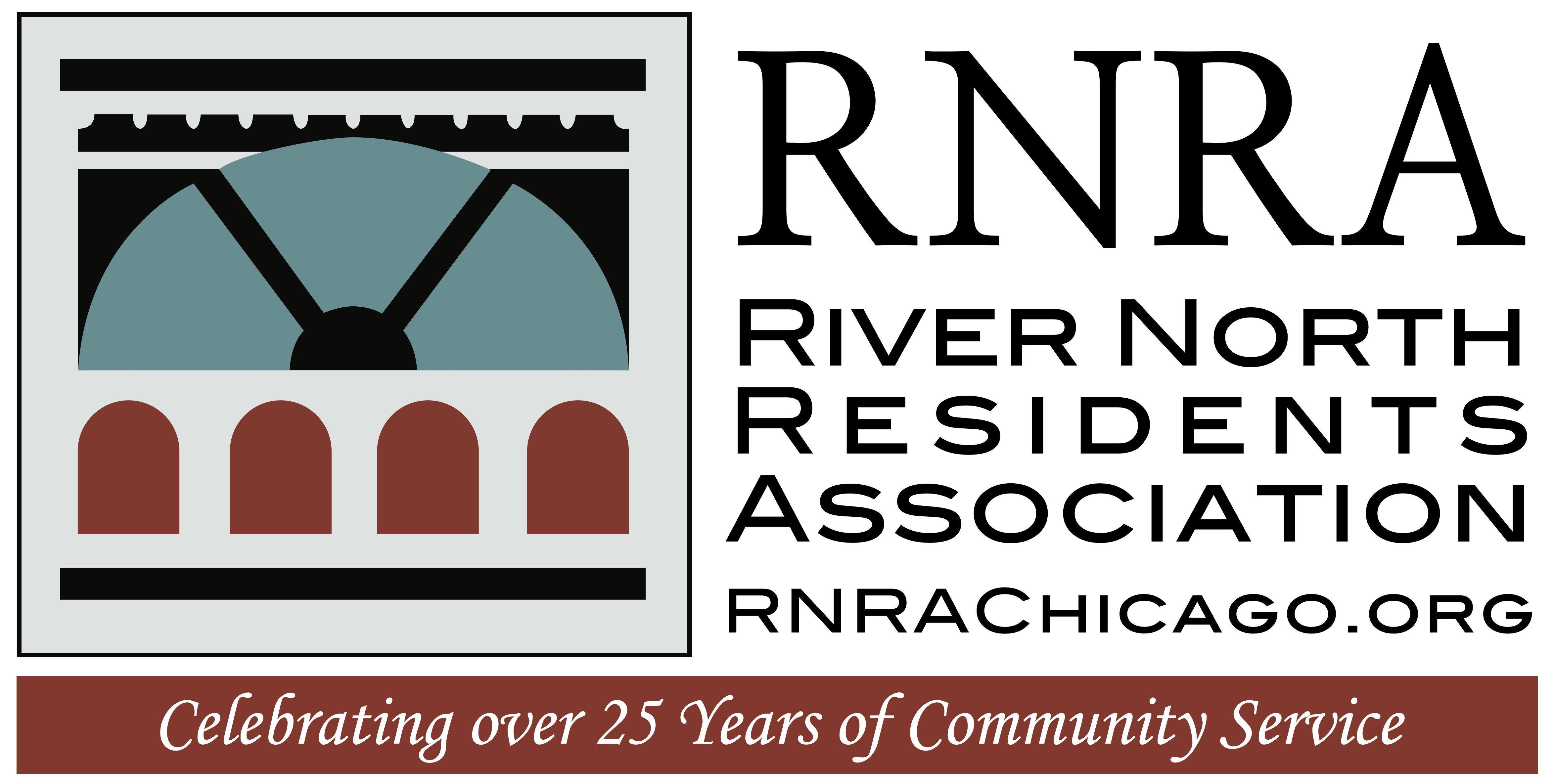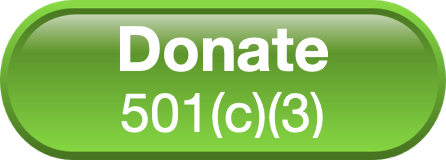Cannabis Dispensary Licensing
On June 25, 2019, Governor Pritzker signed House Bill 1438 into law, making Illinois the 11th state to legalize recreational marijuana for adult use. The Cannabis Regulation and Tax Act took effect on January 1, 2020.
The process for creating cannabis dispensaries requires obtaining a license from the State of Illinois and complying with the City of Chicago Zoning Code. To determine Code compliance, an application for Special Use must be filed with the Zoning Board of Appeals (ZBA), which will hold a hearing to consider the Special Use application.
In collaboration with Ward officials, River North Residents Association (RNRA) has played a limited role in the process of evaluating dispensary proposals and creating opportunities for the public to learn about the plans from the applicants, ask questions, and provide feedback. In much the same way as the organization reviews, and often recommends changes to, other proposed real estate developments in the neighborhood, RNRA performs this function to support the Ward and the community, though not acting in any official capacity.
Step 1. Typically, members of the RNRA leadership team meet with representatives of the applicant to learn something about the principals and review the initial design and plan of operations for the proposed site. A representative of the Ward office always participates in these meetings. These conversations often result in recommendations intended to improve the design, enhance security, or lessen potential negative impacts. Over time, RNRA has developed a set of “Best Practices” for dispensary developers and operators, which applicants are encouraged to adopt. The latest version may be viewed here.
Step 2. Working with the Ward office and the applicant, RNRA helps to arrange and conduct a community meeting, which is a requirement prior to the ZBA hearing. These meetings, which are open to the public, are promoted through both Ward and RNRA newsletters and websites. A representative of the Ward office always participates. At the start of each meeting, attendees are reminded that the objective is not to determine whether cannabis should be legal, or whether dispensaries should be allowed in the River North neighborhood, but rather to learn about and provide feedback on a specific proposal. The applicants then present their plans for the development, construction, and operation of the proposed dispensary. Each meeting ends with a question-and-answer session. For attendees who wish to submit input directly to the ZBA, an email address is also provided.
Step 3. The RNRA Board considers the information gleaned from the community meeting and conversations with the applicants and then drafts a letter summarizing the experience, which is sent to the ZBA, the Alderman, the 18th District Police Commander, and the applicants. Of course, RNRA has no authority to approve or deny dispensary license applications, nor to change state or city policy in any way. The organization’s purpose is to assess, to the best of its ability, whether development of the proposed dispensary is likely to have a significant impact on the surrounding community based on the available information and to advise decision makers accordingly.
Since 2020, RNRA has drafted and submitted 6 such summary letters, PDF versions of which may be viewed using the following links.


